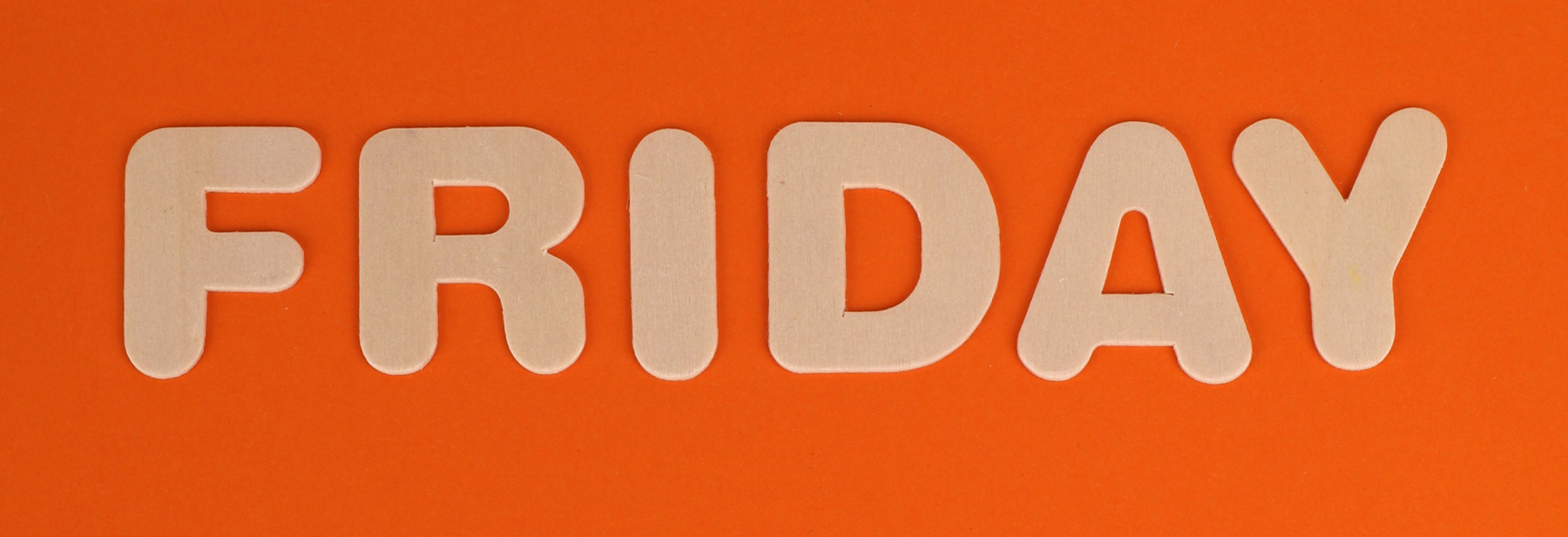
ServiceFriday: I Really Want to Tell You I’m Sorry – How to Structure a Good Apology
Economists have come to recognize the importance of establishing trust and reciprocity in human interactions around financial transactions. Additionally, networks of trust and reciprocity are essential for bolstering all economic exchange.
However, relatively less is known about the consequences of a violation of trust or reciprocity in customer relationships. When it comes to customer relationships, what actions can be taken to avoid the deterioration of mutual confidence when trust has been compromised in a service failure?
One of the first ways in which to gain back trust after a service failure is to offer an apology to the customer. A recent field experiment from the National Bureau of Economic Research lends important insights into how apologies matter, and how to offer them in the appropriate way. This was done in the context of a ride sharing model with Uber. Researchers examined those consumers who experienced late rides, and looked at the outcomes of offering apologies.
“Our analysis provides useful advice for firms on the ifs, whens, wheres, and hows to best apologize. We find that while apologies can be an effective way to restore and prolong the customer relationship, the reason why apologies are not more frequent is because they are costly and could potentially backfire. Firms often do not apologize because apologizing is difficult.”
The study found that trust can be repaired via the means of a gift of compensation, but in a very particular way. “The safest way to remediate a bad experience is a simple promotion (a 5 dollar coupon) applied to future purchases. We find that money spent in this way, after an adverse event, yields a positive return for the firm even when promotions sent at other times do not.” This strategy also encourages future rides, which is a benefit to the company.
An additional finding concluded that the effects of an apology by itself without compensation can result in the apology being seen as negative over time on the part of the customer. Therefore, it remains imperative that compensation follows an apology, and that the compensation is in line with the apology itself.
To read the study, visit IDEAS at this link: https://bit.ly/2Y6W3Mz